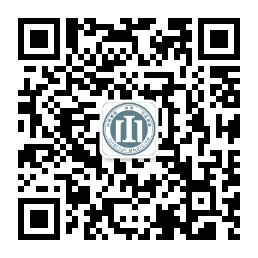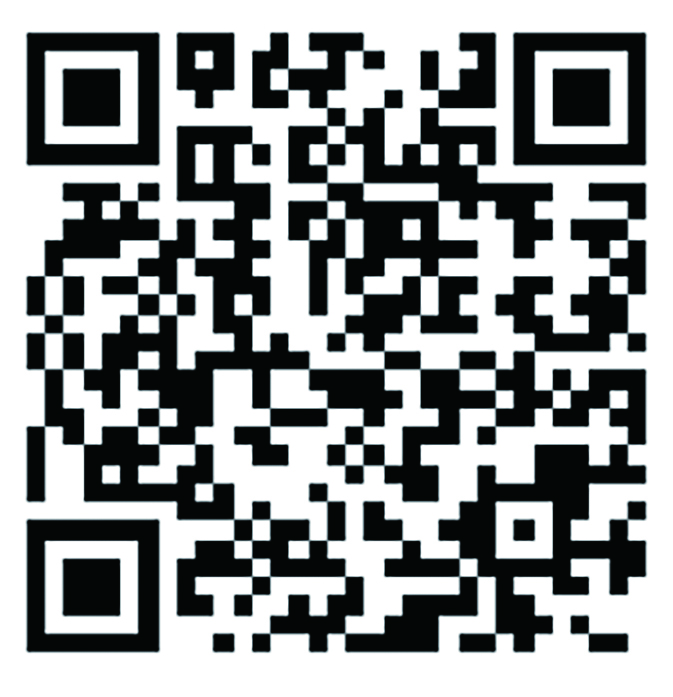目的 构建目前ChatGPT在临床医学教育研究的全景观,并尝试推断未来ChatGPT在临床医学教育领域研究的着力方向。方法 检索Web of Science核心合集数据库截至2024年6月10日ChatGPT在临床医学教育领域的相关研究文献,利用Bibliometrix程序包进行文献计量学分析,并对结果进行可视化呈现。结果 共纳入116篇文献,发表时间集中在2023至2024年,包含390个关键词,涉及616位作者,并引用了2 381篇参考文献。在ChatGPT临床医学教育领域,美国、德国、中国的学者们探索最为活跃;出现频次排名前五的关键词为眼科学、外科学、耳鼻喉科学、谷歌Bard模型和患者教育;关键词共现分析显示,中心性最高的前四位的关键词依次是耳鼻喉科学、外科学、诊断和表现;关键词热图分析显示:人工智能、外科学和患者教育等关键词间关联性较强;战略坐标分析和主题演化趋势分析显示,ChatGPT在患者教育和整形外科、骨科等外科学方面的应用,以及伦理学问题,或将成为未来热点研究领域。结论 ChatGPT已在临床医学教育领域进行了初步探索和验证,并且表现出色。在临床教学与实践、患者教育与管理等方面的数字化应用,仍需要进行更多有效的探索和整合。
内科 202419卷06期 页码:646-653
作者机构:广西医科大学第一附属医院1肿瘤内科,2病理科,南宁市 530021
基金信息:▲基金项目:广西高等教育本科教学改革工程项目(2023JGB163,2022JGA146);广西研究生教育创新计划项目(JGY2023068);广西医科大学教育教学改革立项项目(2021XJGA02,2023Z10,2022XJGY16);广西医科大学教师教学能力发展项目(2202JFA20)。 通信作者:何融泉
- 中文简介
- 英文简介
- 参考文献
Objective To construct a full view of current research on ChatGPT in clinical medical education and try to infer ChatGPT's future direction in the field of clinical medical education. Methods The research literature on ChatGPT in the field of clinical medical education as of June 10, 2024, was retrieved in the Web of Science core collection database, and the Bibliometrix, a program package, was used for a bibliometric analysis and the visualization of the results. Results A total of 116 articles published between 2023 and 2024, containing 390 keywords, involving 616 authors, and citing 2,381 references were included. In the field of ChatGPT-integrated clinical medical education, scholars from the United States, Germany, and China were the most active in their exploration; the top five keywords in terms of frequency of occurrence were ophthalmology, surgery, otolaryngology, Google Bard model, and patient education; keyword co-occurrence analysis showed that the top four keywords with the highest centrality were otolaryngology, surgery, diagnosis, and performance; the keyword heat map analysis showed that there were relatively strong correlations among keywords such as artificial intelligence, surgery, and patient education; strategic coordinate analysis and thematic evolution trend analysis indicated that the applications of ChatGPT in patient education, surgical specialties like plastic surgery and orthopedics, as well as ethical issues, were likely to become hot research areas in the future. Conclusion ChatGPT has conducted preliminary explorations and validations in the field of clinical medical education, with an outstanding performance. More effective explorations and integration need to be carried out in the digital applications in clinical teaching and practice and patient education and management.
-
无




 注册
注册 忘记密码
忘记密码 忘记用户名
忘记用户名 专家账号密码找回
专家账号密码找回 下载
下载 收藏
收藏
